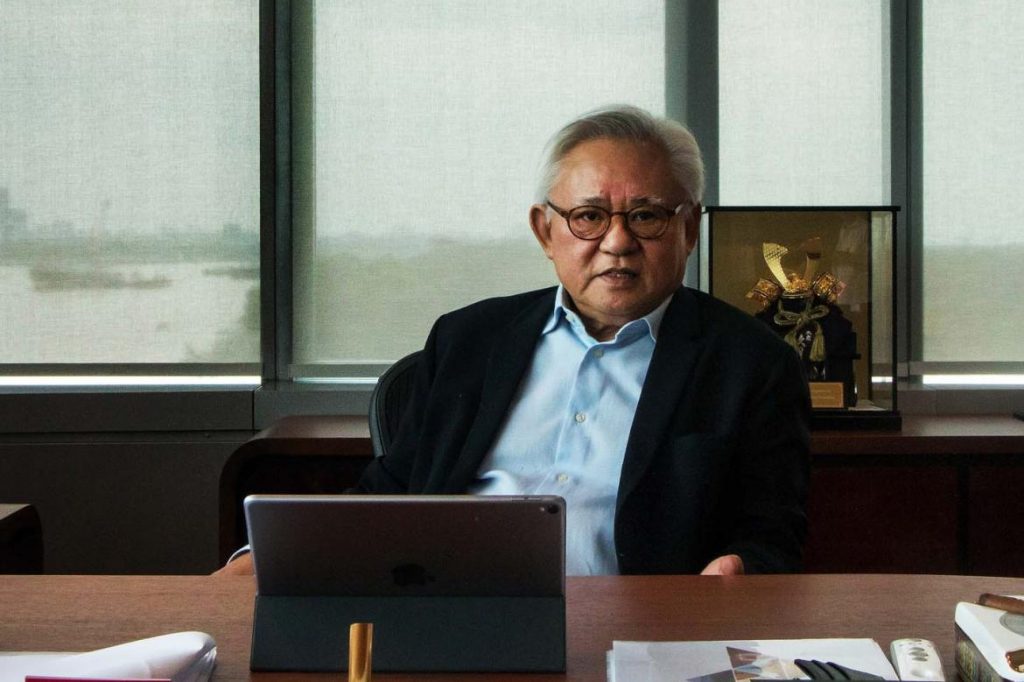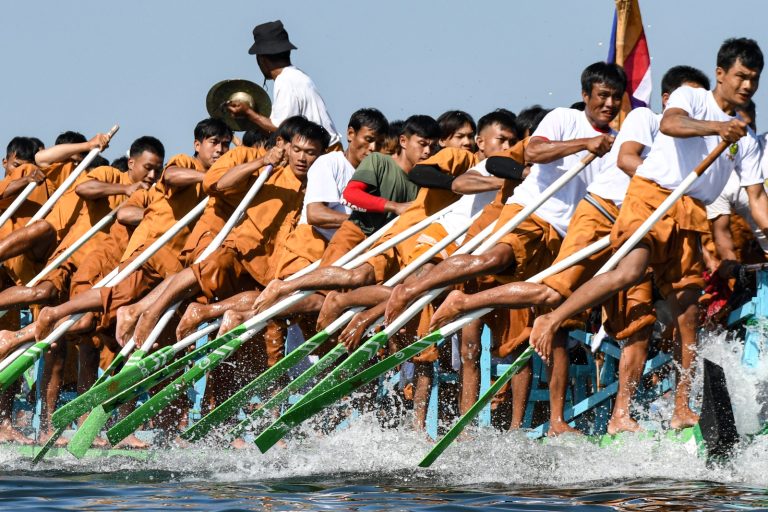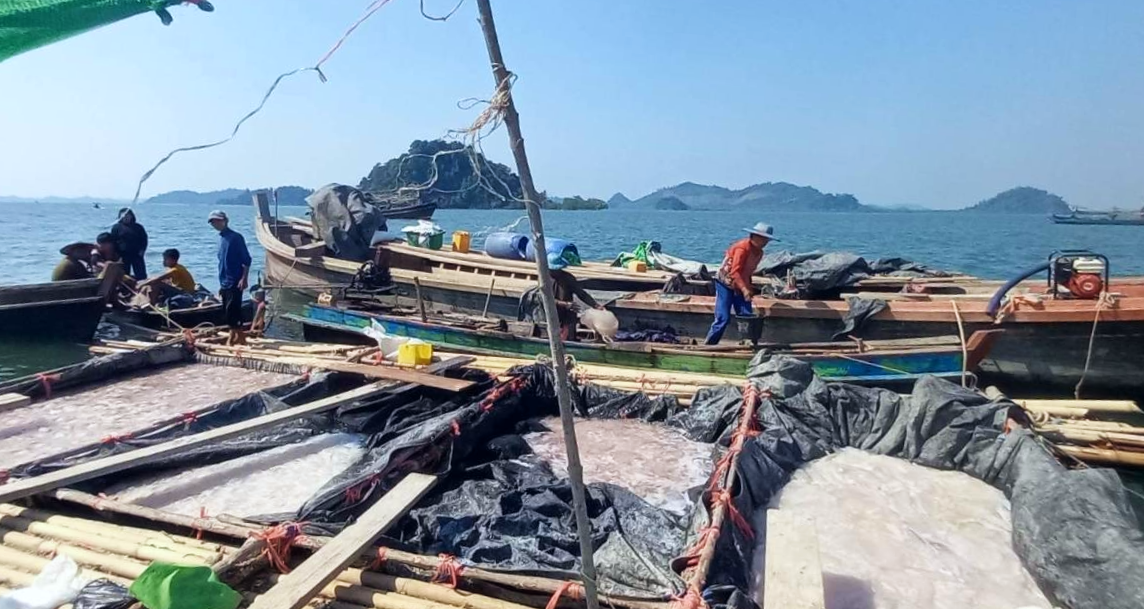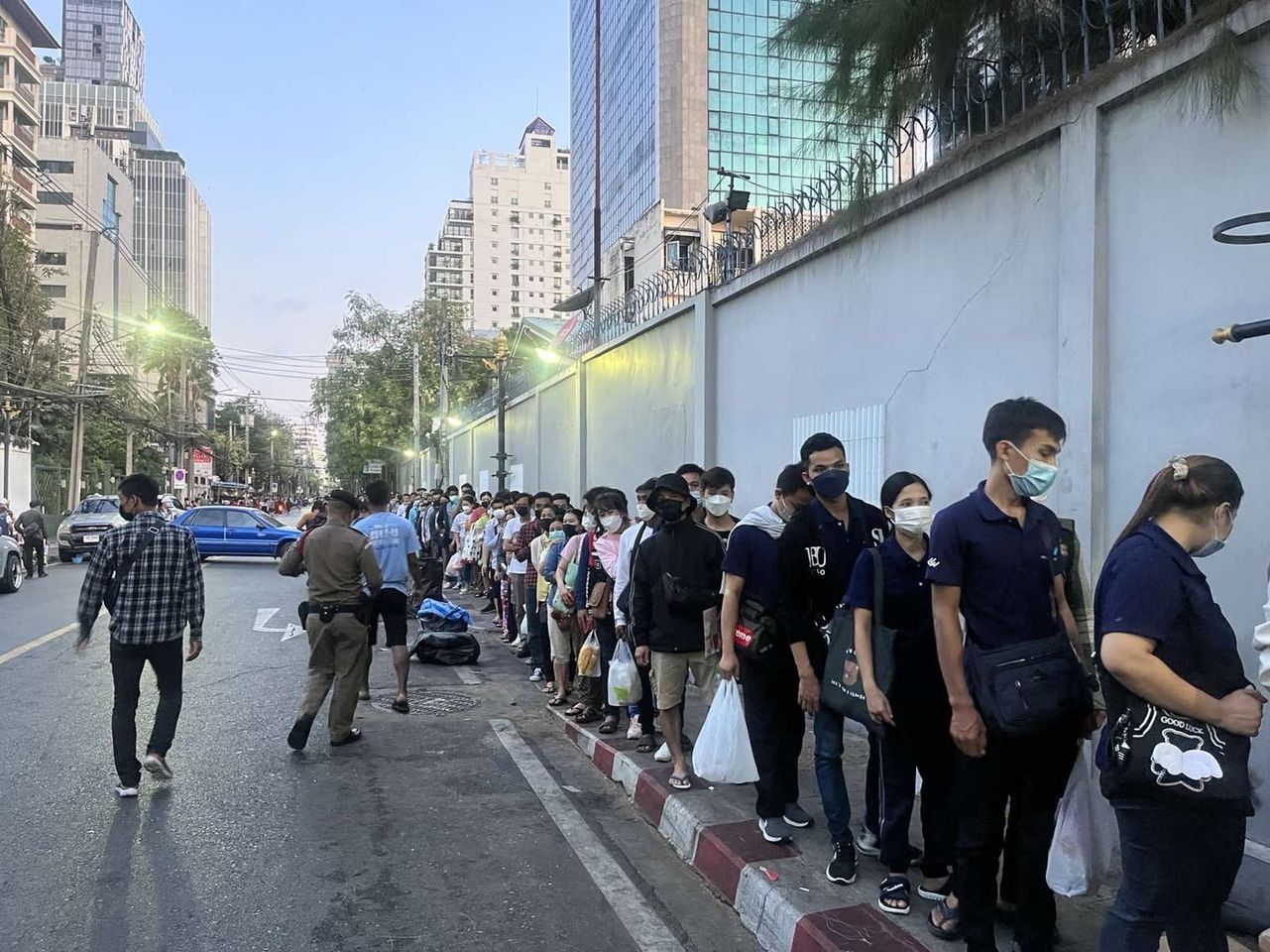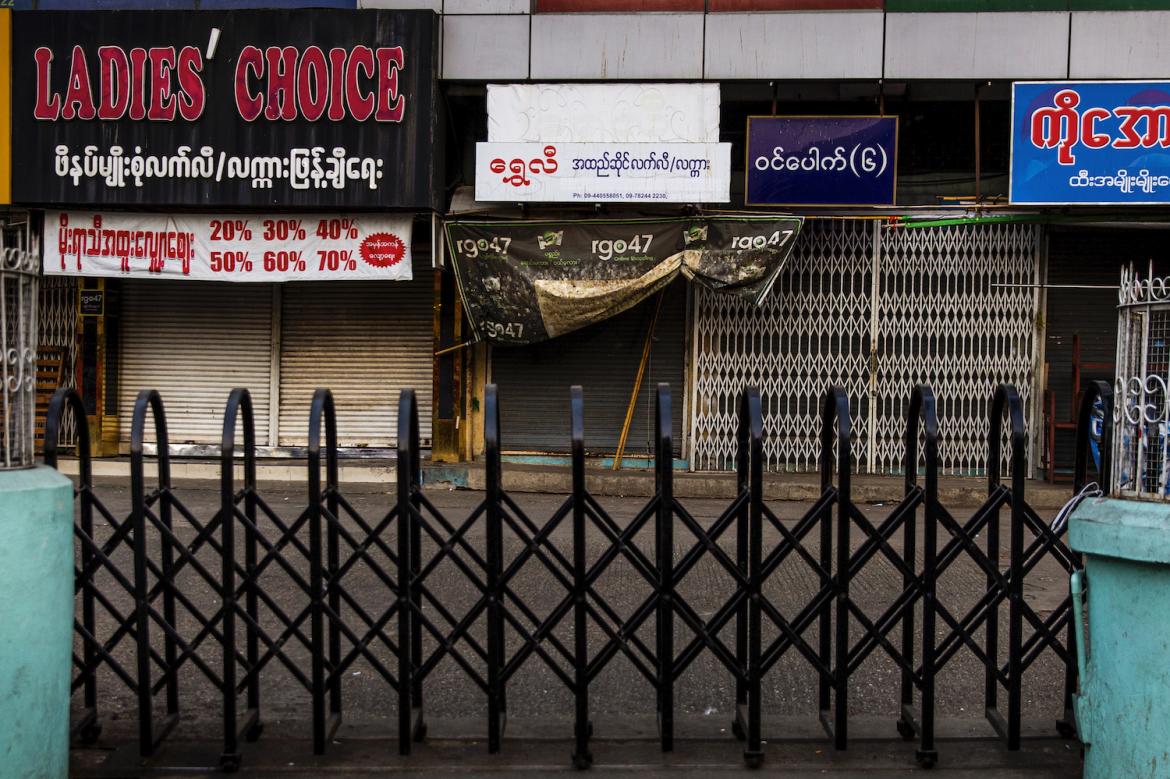Tourism has borne the brunt of an economic slowdown and the international outcry over Rakhine, but one tycoon is feeling bullish about the industry.
By BEN DUNANT | FRONTIER
“TOURISM is low-hanging fruit in any country looking to develop,” says Mr Serge Pun, puffing on a cigar in the headquarters of Memories Group, a company that manages the Myanmar tycoon’s expanding portfolio of tourism assets.
“Those moaning and groaning,” he says, “are missing the bigger picture.”
With an office set amid the golf courses and luxury homes of his 653-acre Pun Hlaing Estate, next to the Hlaing River as it bends towards downtown Yangon, Pun matches a large commercial appetite with a relatively clean image. This has made him a preferred partner for foreign investors with international brands to protect.
His role as the figurehead since early 2018 of the New Yangon City project, involving a Chinese construction company formerly sanctioned by the World Bank, has raised eyebrows, though a steady stream of information via town hall style meetings and an active website has distinguished it from other big infrastructure projects.
Support more independent journalism like this. Sign up to be a Frontier member.
But Pun, known also as U Theim Wai, has been in the news for another reason: Memories Group is rapidly acquiring hotels and tourism services throughout Myanmar. In 2018, the company opened high-end hotels in Yangon, Kayah and Mon states, and Tanintharyi Region’s Myeik Archipelago. Some have wondered why he is so bullish about a sector that has borne the brunt of a general economic slowdown and an international outcry over alleged atrocities in Rakhine State.
“The downturn in tourism is fact,” Pun says, but adds that, at Memories Group, “We’re always playing the long game.”
“We enter into sectors with a view to be players for decades,” he says, before expounding on what he considers to be Myanmar’s chief advantages: “You could go skiing in the Himalayas in the north and in the same day fly down to the Mergui [Myeik] Archipelago and go diving in a tropical setting.”
Skiing in Myanmar, which could only happen in northern Kachin State amid what is largely wilderness, is a remote prospect. However, snorkelling and scuba diving is available – for those prepared to pay a premium – in the more than 800 islands that make up the Myeik Archipelago.
Memories Group’s Awei Pila resort is one of fewer than half a dozen resorts to have opened on the islands, and is nearing the end of its first season. With 24 villas costing US$750-900 a night during high season, the resort is pitched at the wealthy.
Such luxury offerings may sound like a weak bet, given the plunge in Western visitors since 2017. North American arrivals were down 12.66 percent in 2018, while Western European arrivals were hit harder, falling by 23.35pc. Asian arrivals, which rose by 11.85pc and comprise a larger group to begin with, helped make up the shortfall in visitors but not in income.
The reliably big spenders in Myanmar have traditionally come from Western countries, and many of the higher-end hotels and services are geared to their tastes. Mixing “eco” credentials with European dining options, Memories Group hotels appear to be no exception. But Pun expresses impatience with the stereotypes that he says artificially separate Western and Asian tourists and their preferences.
“Eastern tourists often spend more,” he says, referring to what he claimed was a growing class of affluent Asian tourists who eschew group travel in favour of more individual experiences. This “slice of Eastern tourism”, he says, was easily obscured by “the 100-million-so tourists that go out, all led by a little flag. That’s what everyone thinks of as Eastern tourism.”
“That’s a big distortion,” he says. “There’s a highly educated, highly discerning and demanding traveller crowd in the East that actually demands a great deal more in terms of experience, comfort and safety, and they’re willing to pay the price for it.”
Pun believes it’s a mistake for Myanmar to rely too much on the West for tourists. “The fact that Western visitors are declining is going to be doubly substituted by Eastern visitors,” he says, claiming that the latter were more dependable. For him, this is rooted in what he believes is their more open attitude towards the country.
“The West sees Myanmar in a simplistic way, saying that Rakhine is Myanmar, Rohingya is Myanmar, and there is nothing else. The East sees us differently,” he says. “The East sees that Rakhine is a problem, but that it is one small part of the country tucked up in a remote northwestern region, and then there is the rest of Myanmar, and we have to engage.”
“Because of the fundamental difference in the lens that they use, the East will definitely substitute the West in all spheres: FDI [Foreign Direct Investment], tourism, cooperation,” he says.
“It’s all very good to talk about uplifting people’s lives and all that high horse talk, while you are doing nothing about it. In due course people will come to judge, who actually has contributed more to the benefit of our country and our people. Is it the West, or is it the East?”
Asked whether tourism in Myanmar presents any ethical pitfalls for investors in terms of social and environmental impacts, Pun seems to take affront at the notion, insisting that the government has largely put the necessary safeguards in place.
“The concern that investments in the tourism sector may not be responsible is actually groundless. I have not seen any evidence [of cases] where irresponsible investments have been made in the tourism sector,” he says.
“Any suggestion that this country or its government is totally irresponsible, or has no concern about environmental conservation, I think is baseless,” he says, referring to efforts to manage tourism’s environmental impact. “I think that we have a relatively strong ministry in MONREC [the Ministry of Natural Resources and Environmental Conservation] that is highly conscious of environmental issues.”
Pun says Myanmar represents “a stark difference from certain places I know where officials don’t care; they only care about making money or getting more revenue, to the detriment of the environment. Then, you are in dangerous territory, but I don’t see that in Myanmar.”


